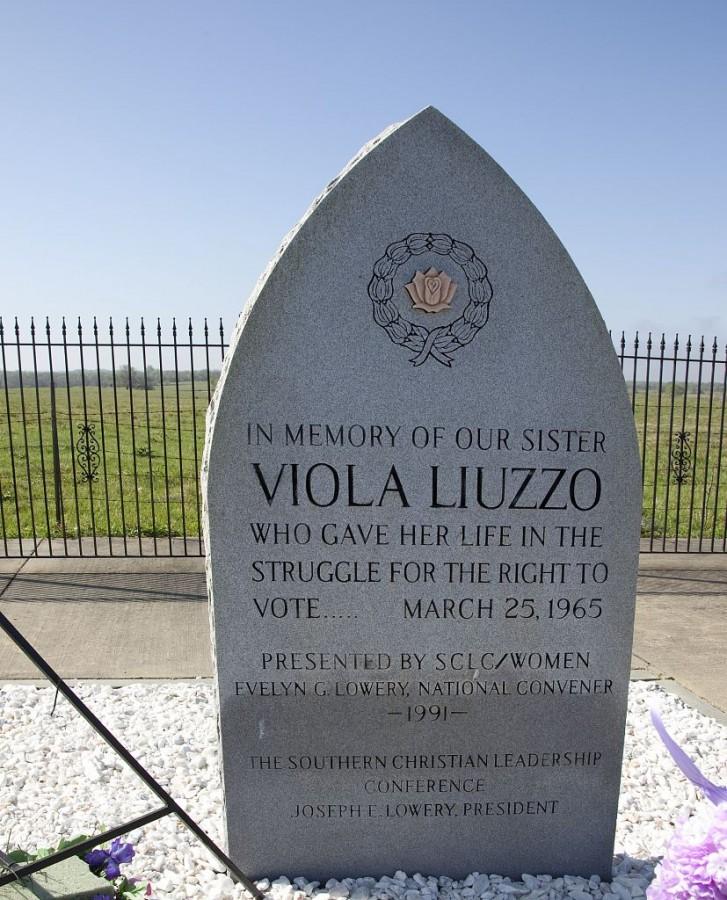Mary Liuzzo Lilleboe Leads Civil and Human Rights Talk
December 7, 2015
On Nov. 30, Mary Liuzzo Lilleboe led a Civil and Human Rights talk in the Cedar Valley Middle School lecture hall about her mother, Viola Liuzzo, who marched with Martin Luther King Jr. and was murdered days after by the Ku Klux Klan. Thirty years after the death of her mother, Lilleboe dedicated herself to promoting nonviolence and passing on the legacy of her mother.
Lilleboe began the talk with a short introduction of her family history before jumping back to 1963 to speak about the Birmingham Children’s March. The march began in the town of Birmingham, Alabama, which was deeply segregated. Martin Luther King Jr. was urged to visit the town and help the people better their lives. He encouraged them to march, but all of the adults were too scared of losing what little they had. Instead, the children decided that they would march, and one day during school, the teachers turned their backs as children left and began to march, regardless of the punishments. Throughout the march, police arrested children and sent them to jail. The jails quickly overcrowded, and kids from grade school through high school were then put in stys like animals until they were let out. Lilleboe later met one of the girls who had marched in Birmingham that day, and asked her, “Weren’t you scared you were going to get hurt?”
“She said ‘I was a black girl living in Birmingham. I knew was going to get hurt anyways,’” Lilleboe said.
Two years later, Lilleboe’s mother heard and answered the call of Martin Luther King Jr.to march 52 miles from Selma, Alabama to Montgomery to support the right for all Americans to vote. Liuzzo left her family in Detroit and traveled to Selma. Just after the march, she was gunned down by the Ku Klux Klan because of her beliefs in equal rights for all. However, the death of Liuzzo didn’t hurt the movement but brought it renewed attention, as Liuzzo was one of the only white people who died for the cause. Her death pushed politicians to create the Voting Rights Act, which was passed months after her death. Because of this, Liuzzo was loved by all whose lives were touched by her actions and death.
“They loved me because of the love they had for my mother,” Lilleboe said.
Instead of letting the death of her mother bring her down, 30 years after the incident, Lilleboe traveled to Selma to talk to those who knew Liuzzo in the last days of her life. Lilleboe compiled an accurate account of what took place on March 25, 1965. Lilleboe has since talked to and met with various people who were connected to her mother and the march in Selma, each of whom greeted Lilleboe with open arms.
“People ask me why my mother, a white woman, went to Selma,” Liuzzo said. “They say it wasn’t her fight. But she knew better. I am proud to say that my mother answered Dr. King’s call. So my question is not, ‘Why was my mother there?’ rather it’s ‘Why wasn’t everyone there?’”



